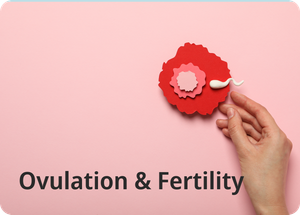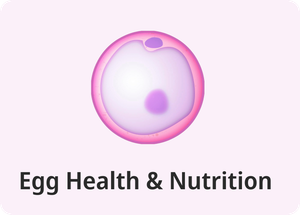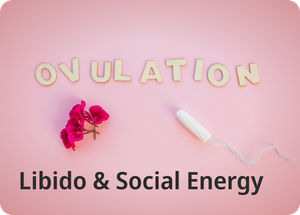“To keep the body in good health is a duty; otherwise, we shall not be able to keep our mind strong and clear.” – Buddha
Hormones are the body’s natural messengers. They regulate mood, energy, appetite, sleep, fertility, and the menstrual cycle. When hormones are balanced, the menstrual cycle feels smoother, with fewer uncomfortable symptoms. However, when nutrition is lacking, women may experience mood swings, irregular cycles, painful cramps, fatigue, or more intense premenstrual syndrome (PMS).
Food plays a central role in hormone health. The nutrients we eat provide the building blocks for hormone production and help regulate how hormones are released and used in the body. Supporting hormone balance through nutrition is one of the most effective and natural approaches to menstrual wellness.
The menstrual cycle is driven by fluctuations in estrogen, progesterone, follicle-stimulating hormone (FSH), and luteinizing hormone (LH). These hormones rise and fall in a predictable rhythm across the cycle. Nutritional deficiencies can disrupt this rhythm, leading to irregular periods or worsening PMS symptoms.
According to NHS and PubMed-based research, key nutrients such as magnesium, iron, vitamin B6, and omega-3 fatty acids play a direct role in hormonal regulation, mood stabilization, and energy production.
Magnesium is a mineral involved in more than 300 enzyme reactions in the body. It supports muscle relaxation, nerve function, and hormone regulation. Research suggests magnesium may reduce PMS symptoms such as mood swings, bloating, and sleep disturbances.
Vitamin B6 helps convert the amino acid tryptophan into serotonin, the “feel-good” brain chemical. Low serotonin levels are linked with irritability and mood swings in the luteal phase. PubMed research shows that vitamin B6 may reduce PMS symptoms, especially mood-related ones.
Omega-3 fatty acids have anti-inflammatory properties. They help reduce menstrual cramps by relaxing uterine muscles and lowering prostaglandins, compounds that cause pain. They also support brain health and emotional balance.
Iron is essential for making hemoglobin, the protein in red blood cells that carries oxygen. Menstrual bleeding increases iron loss, so women with heavy periods are at higher risk of iron deficiency. Low iron can cause fatigue, weakness, and difficulty concentrating.
Vitamin D plays a role in hormone regulation, bone health, and immune function. Low vitamin D levels are linked with irregular cycles and PMS symptoms. Sunlight exposure is the main source, but diet and supplements may also be needed.
Zinc is important for reproductive hormone production, including estrogen and progesterone. It also supports the immune system and helps reduce inflammation. Some studies suggest zinc may reduce menstrual pain.
Calcium supports muscle function and bone health. Studies suggest calcium can help reduce PMS symptoms such as irritability, fatigue, and bloating.
Fiber helps regulate estrogen levels by aiding in digestion and supporting healthy gut bacteria. A balanced gut plays an important role in hormonal balance.
While a balanced diet should provide most nutrients, some women may need supplements, especially for iron, vitamin D, or magnesium. NHS advice is to consult a healthcare provider before starting supplements to ensure correct dosage and safety. Self-supplementation without guidance can cause side effects.
If symptoms such as very heavy bleeding, extreme fatigue, severe PMS, or cycle irregularities are present, it is best to consult a healthcare professional. Keeping a menstrual health diary can help track symptoms and guide nutritional and medical care
Menstrual hormone balance depends on the right nutrients. Magnesium, vitamin B6, omega-3 fatty acids, iron, vitamin D, zinc, calcium, and fiber all play a direct role in supporting hormone function, mood stability, and menstrual comfort. By focusing on nutrient-rich foods and lifestyle habits, women can create a solid foundation for smoother cycles and improved overall well-being.
About PeriodSakhi
PeriodSakhi is your trusted companion for understanding your menstrual health. With easy-to-use tools, it helps you track your periods, ovulation, fertility, moods, and symptoms, while providing insights into your overall reproductive and hormonal health. PeriodSakhi also serves as a supportive online community where women can share experiences, find reliable information, and access expert-backed guidance on menstrual health, PCOS, pregnancy, lifestyle, and more.
Disclaimer
The views, thoughts, and opinions expressed in this article/blog are solely those of the author and do not necessarily reflect the views of PeriodSakhi. Any omissions, errors, or inaccuracies are the responsibility of the author. PeriodSakhi assumes no liability or responsibility for any content presented. Always consult a qualified medical professional for specific advice related to menstrual health, fertility, pregnancy, or related conditions.
Start the conversation
No comments yet. Start the conversation by leaving the first comment!




